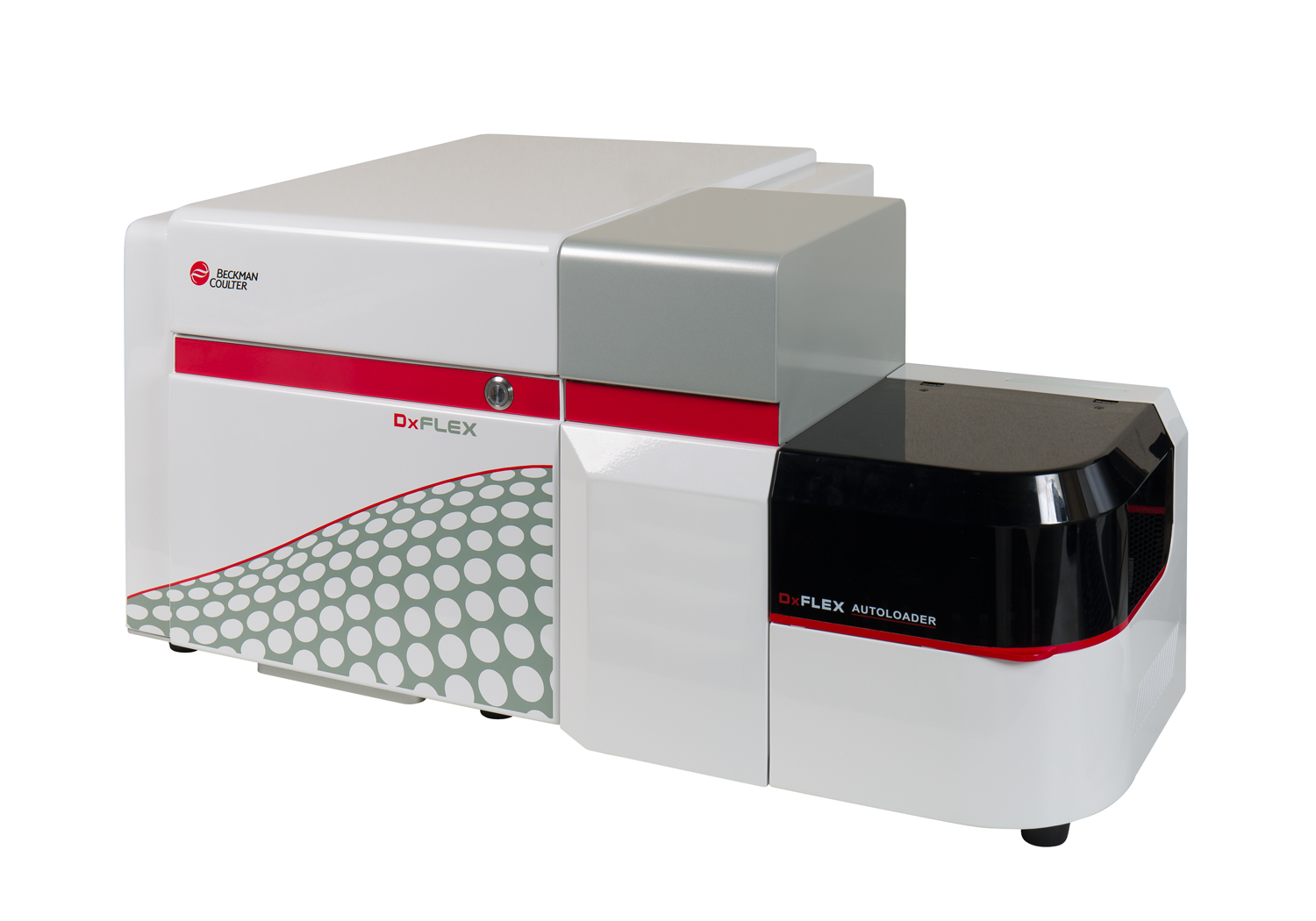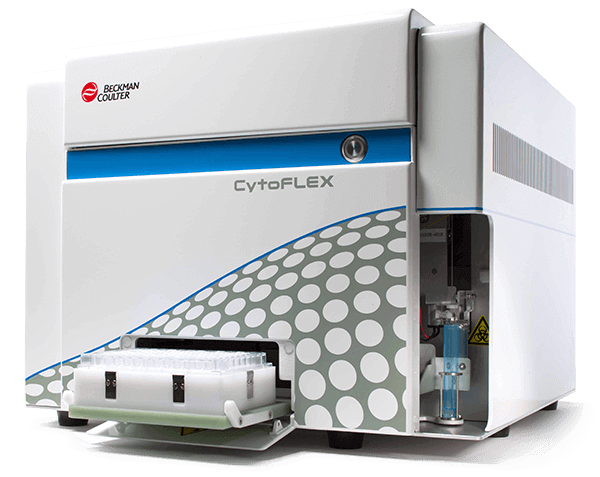CD24 Antibodies
The CD24 antigen is a glycosyl-phosphatidylinositol-linked membrane sialoglycoprotein, with a molecular weight of 35-45 kDa. CD24 is present on B cells, from the pre-B to the mature B cell stage, but not on plasma cells. It is expressed on mature granulocytes and on a variety of epithelial cell types. CD24 was discovered in mice as a heat-stable antigen and was used as a marker to differentiate hematopoietic cells and neuronal cells. It is currently known that CD24 serves as a costimulatory factor of T cells that regulate their homeostasis and proliferation, while in B cells, CD24 is functionally involved in cell activation and differentiation. In hematopoietic cells, CD24 is known to bind to molecules exhibiting danger-associated molecular patterns (DAMPs). CD24 mediates signal transduction and activates the mitogen-activated protein kinase pathway, which involves B- and T-cell development and apoptosis, cell binding and granulocyte oxidative burst.
| Clone: ALB9 | Isotype: IgG1 Mouse |






